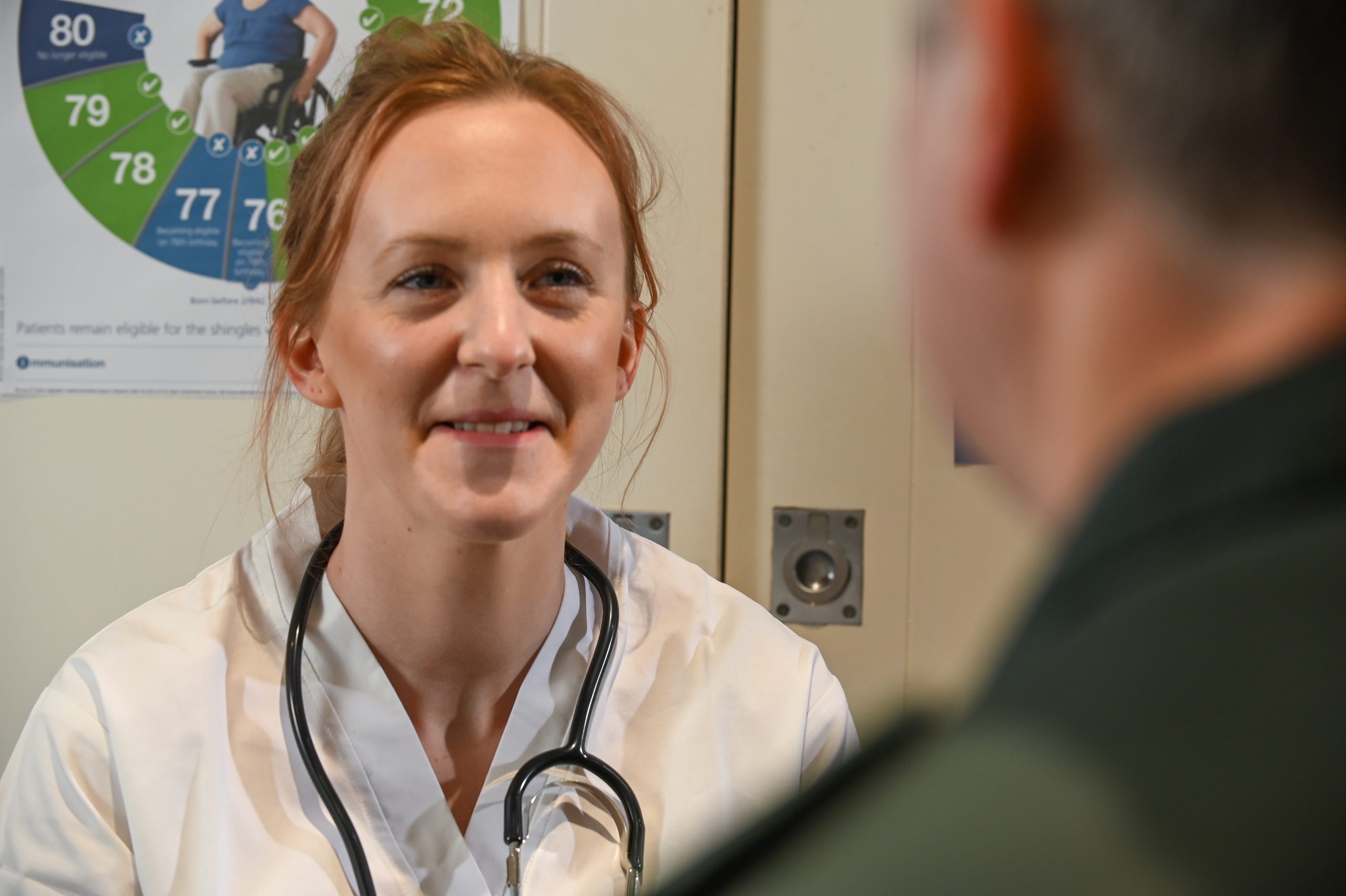
“How am I supposed to know which to say to a patient? Do I say heart attack or myocardial infarction? They are both English to me!”
A Malaysian student asked me this some years ago and ever since then I have been interested in how international healthcare professionals deal with the mysteries of spoken English in different parts of the UK, especially in regions with a strong local accent or dialect. A student from the Middle East, whose first language was actually English, was completely confused by a man from Yorkshire. “He told me he’s not feeling too clever! What does that mean?”
There are cultural differences, too. In the UK doctors are taught “shared decision-making” with patients but that’s not the case in some parts of the world. What the doctor says, goes!
I was delighted to have the opportunity to work on a day’s training for international nurses in Liverpool. They were mostly from Kerala, in India, a region known for its wildlife and its food, and known as “God’s Own Country” by their tourist board – – which is exactly how Yorkshire folk, like me, refer to Yorkshire!
We started the day by asking what they found easy in communicating with patients in the UK and what they found more challenging. The hospital had suggested some commonly-encountered scenarios that they might wish to practise, and we incorporated their learning needs into these. Our team was three very experienced and highly-skilled Simulated Patients: Tom Burroughs, Sue Cormack and Aisling Leyne, plus me leading the day.
The nurses were absolutely delightful – empathic and kind – and really keen to practise and improve their skills. They threw themselves into the day without hesitation, and kept saying how useful they found it. The Simulated Patients were each facilitating a small group and I enjoyed hearing the progress. “Could you just try that again? What could you say here?”
At the end of the day the nurses gave us some fantastic written feedback and I just want to pick out two of their comments:
“It was really an interactive session which I found interesting. I was active and engaged throughout the day.”
“Thank you so much for this wonderful day.”
If I’m ever in hospital, I’d be happy to be nursed by any of them.
By Daphne Franks, Training & Development at Peel Roleplay
